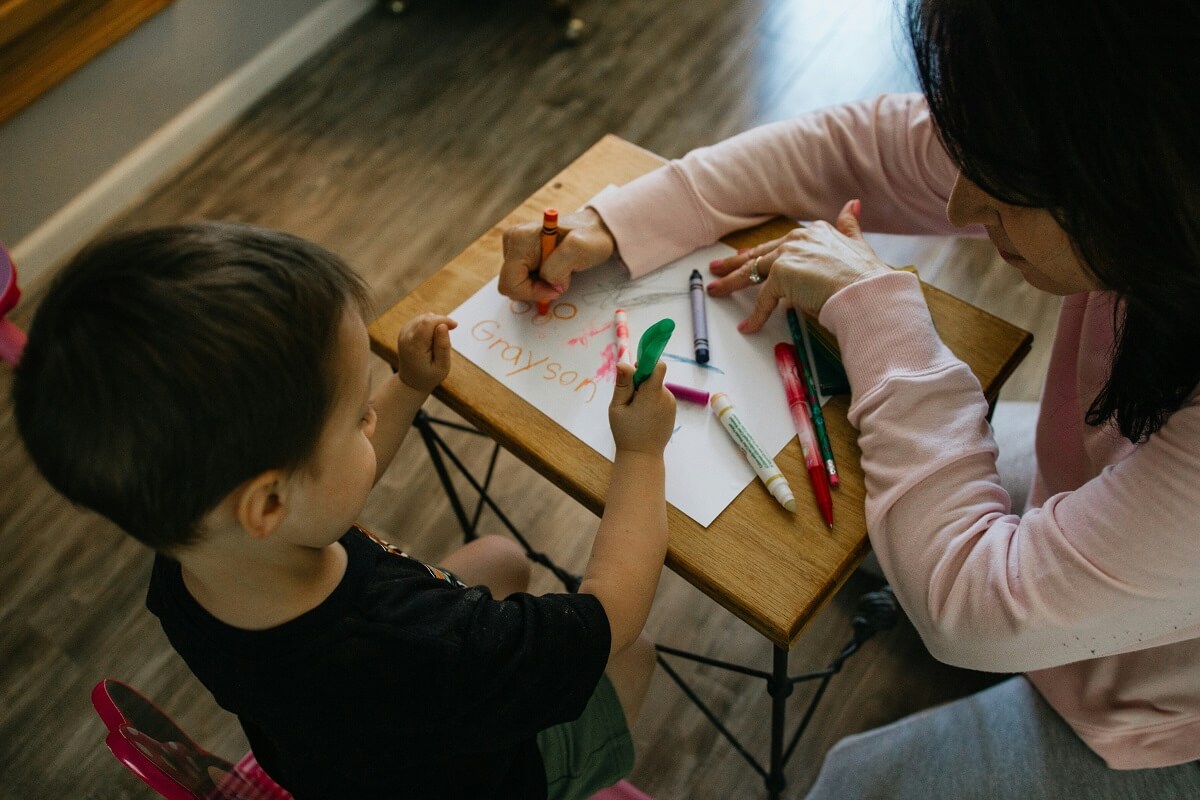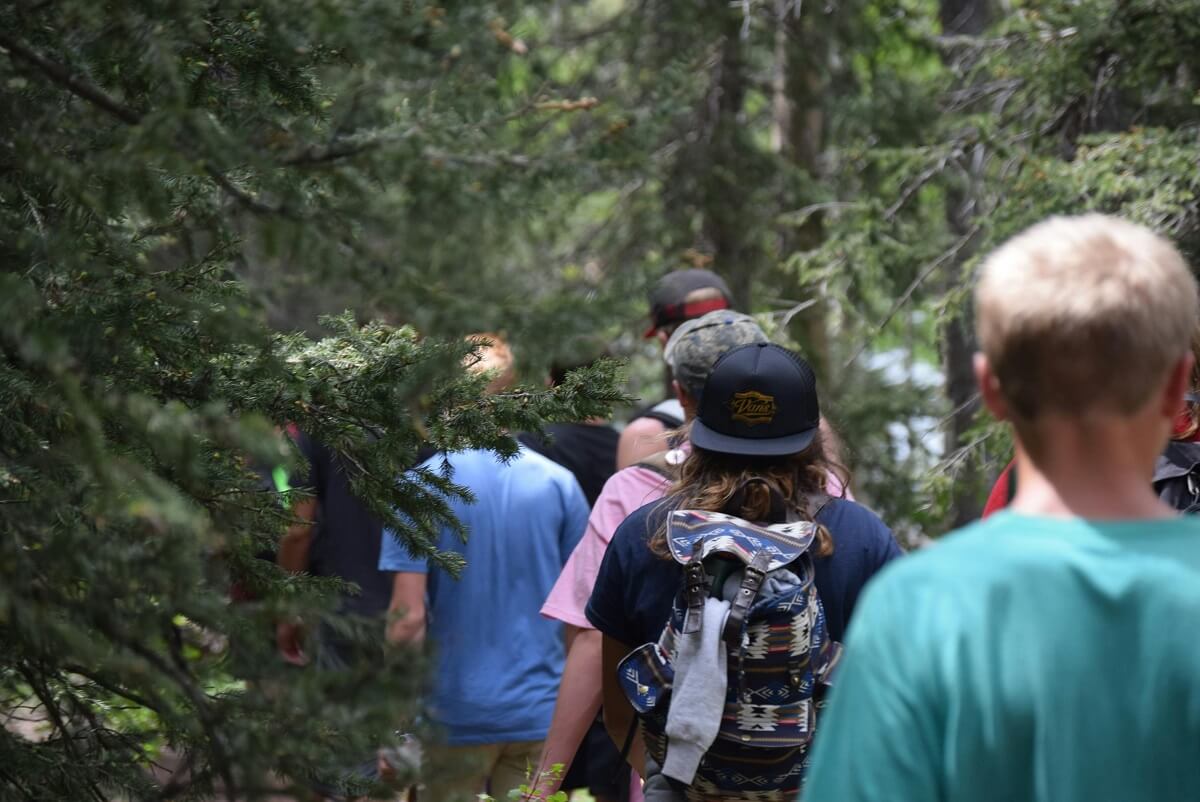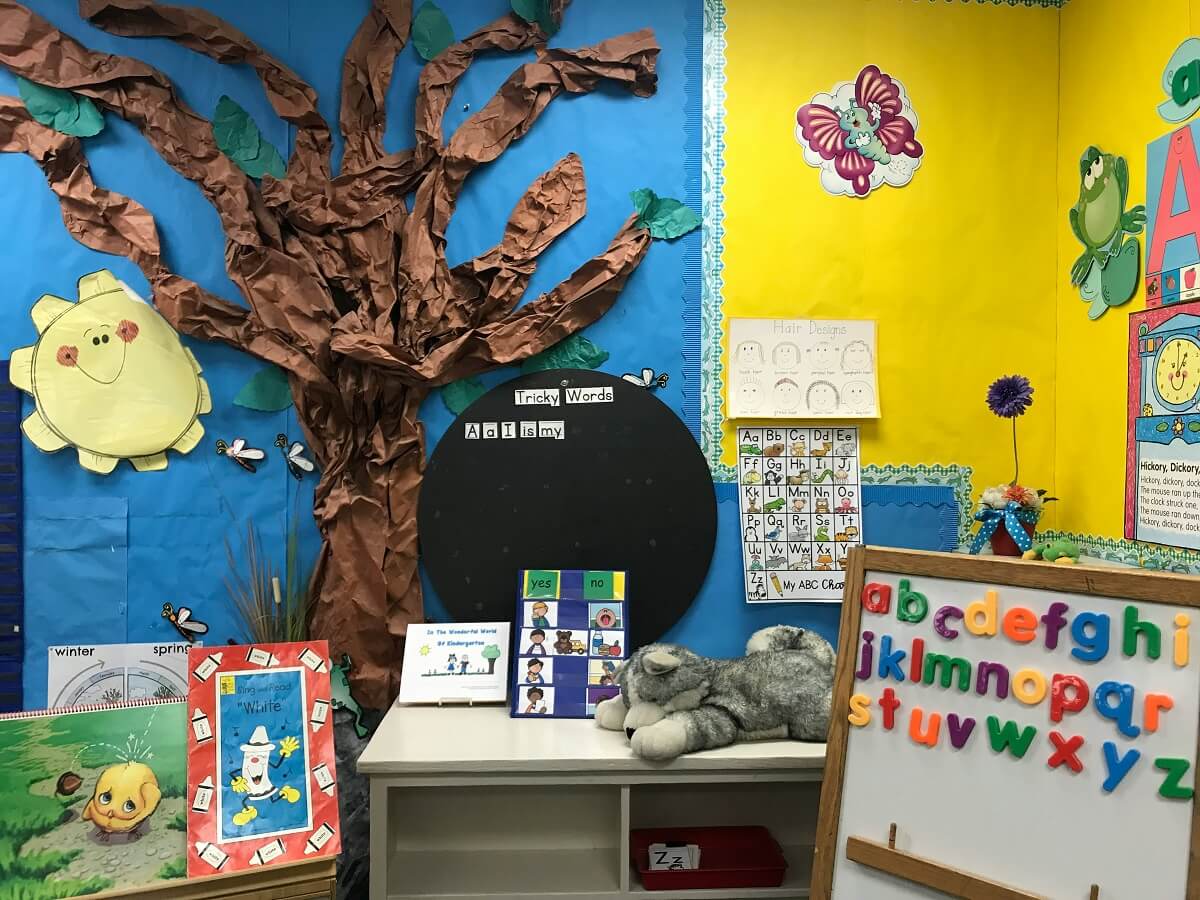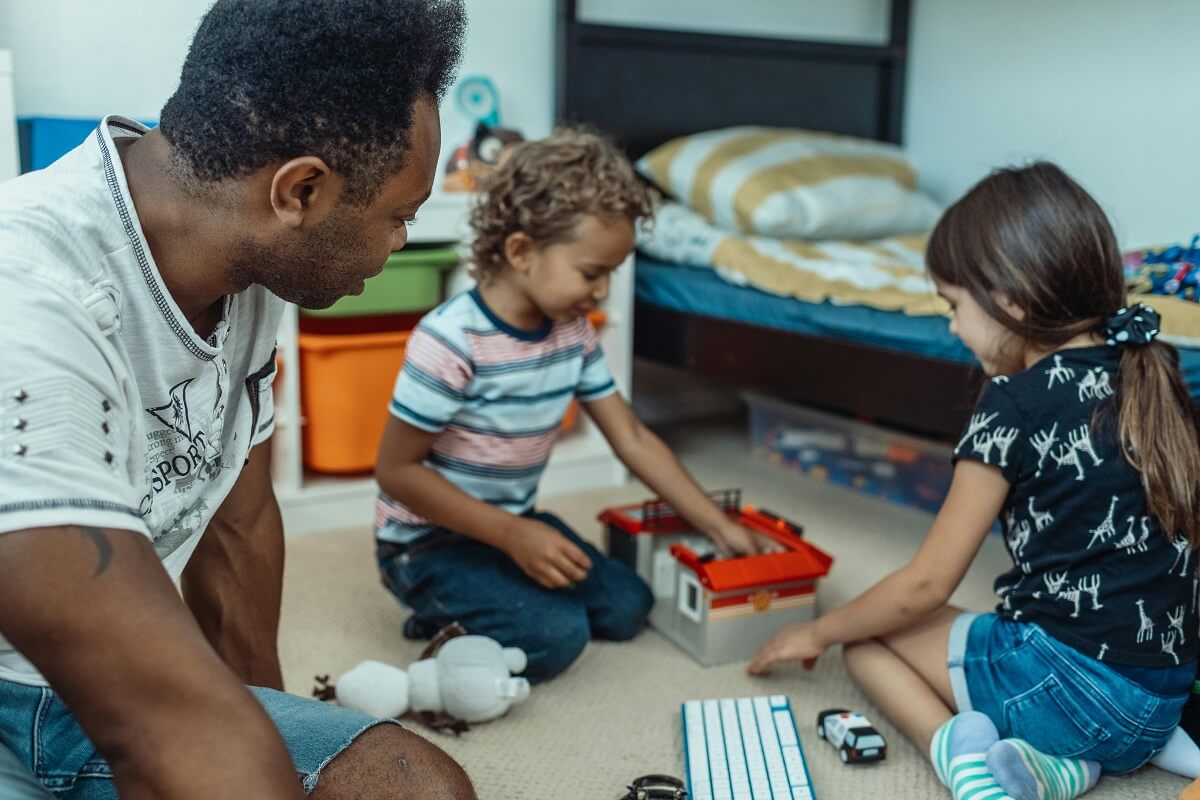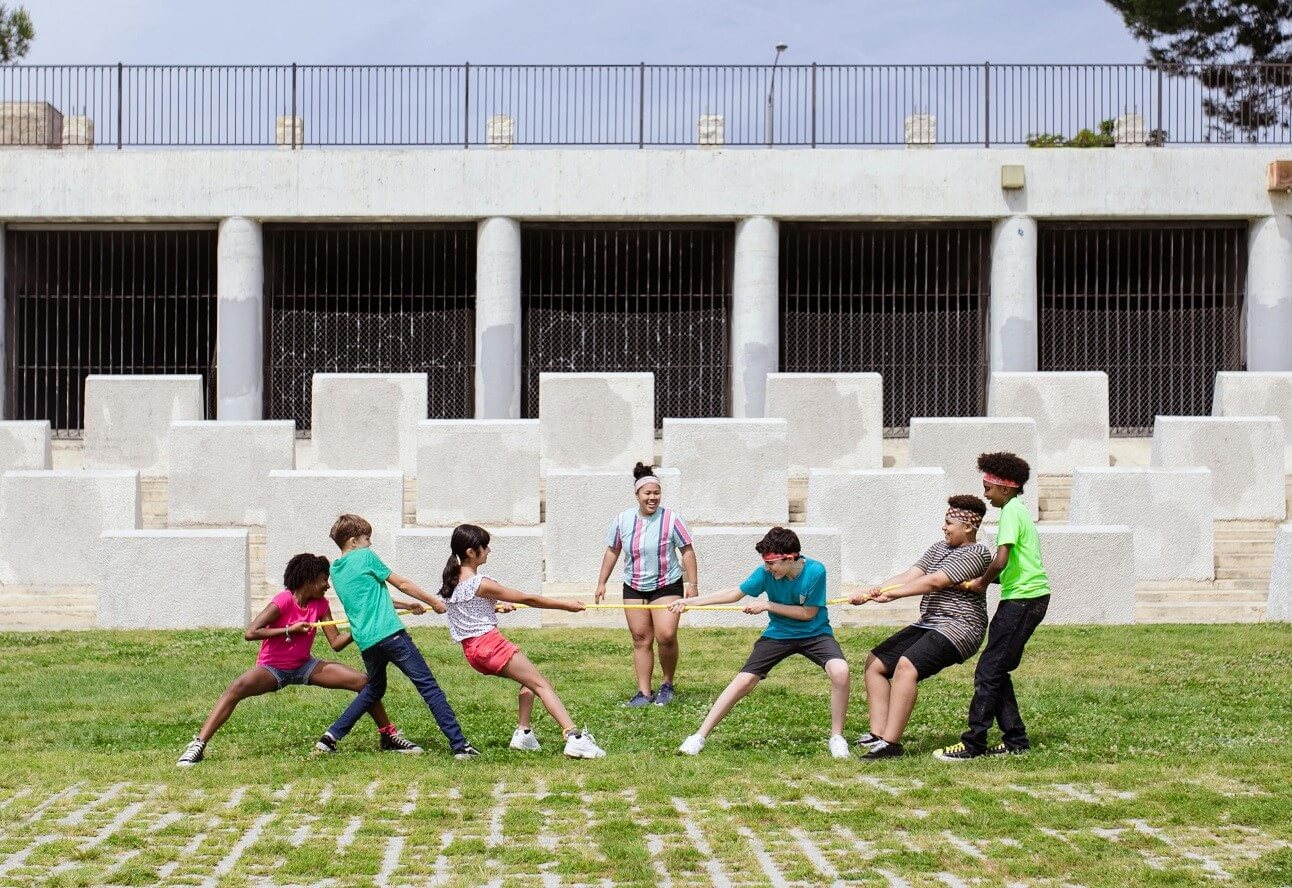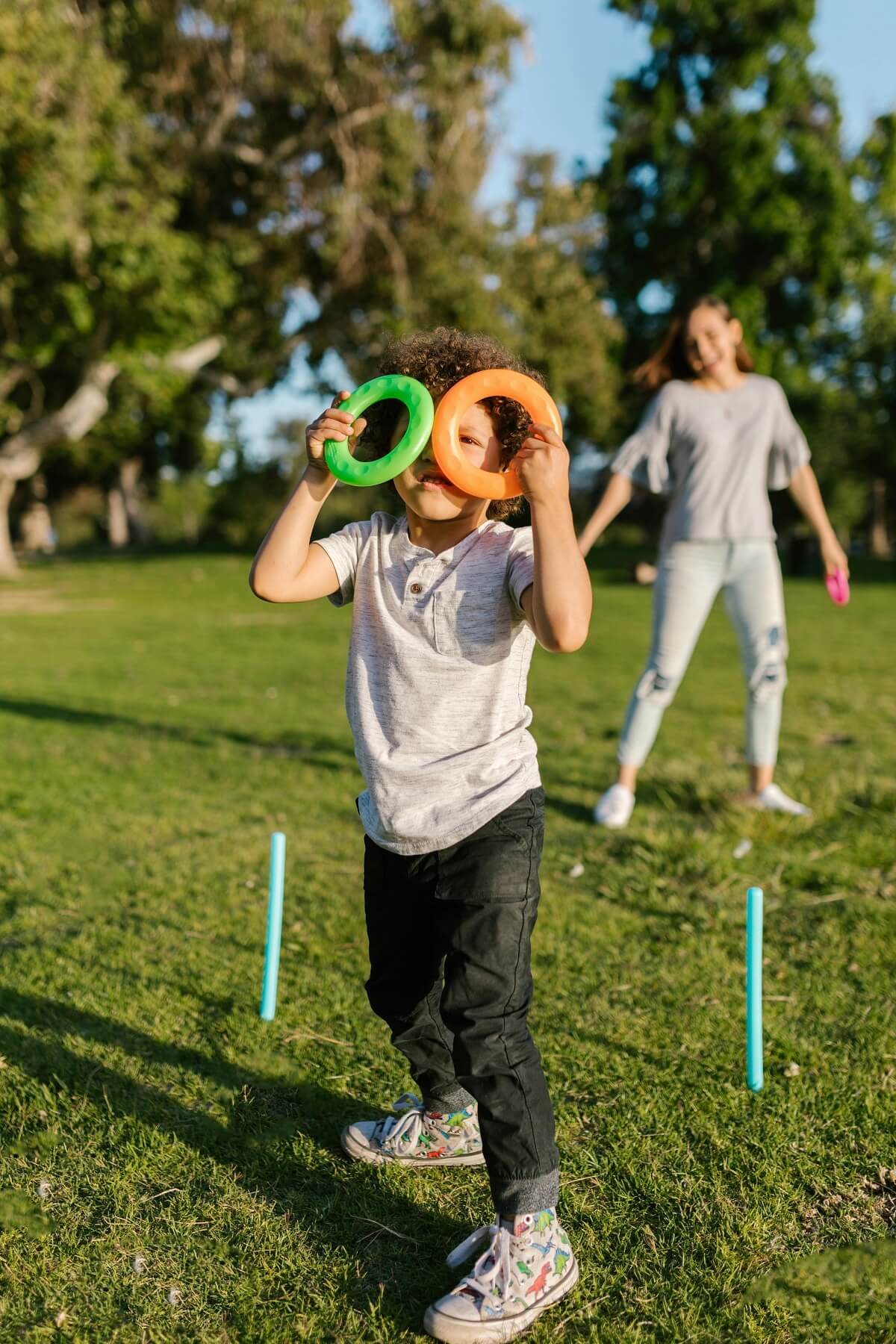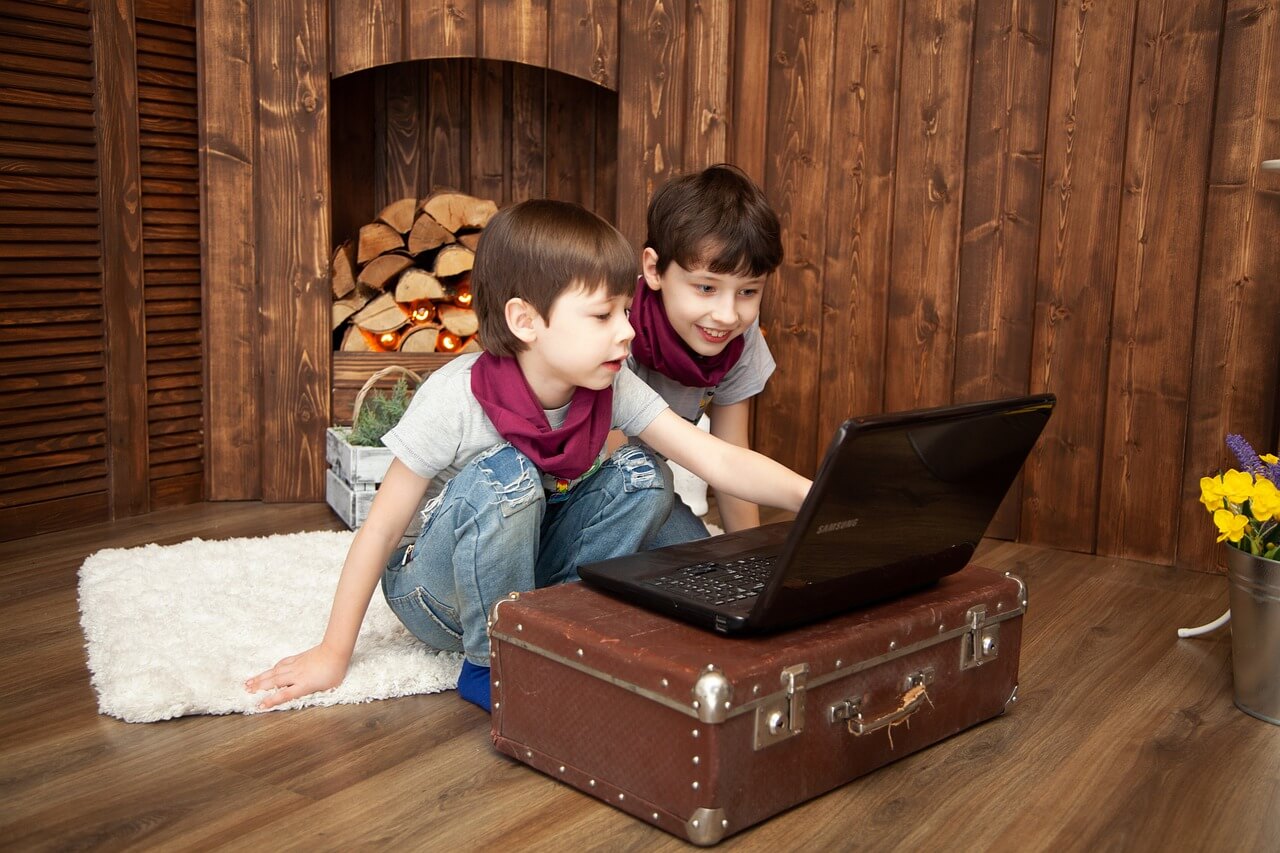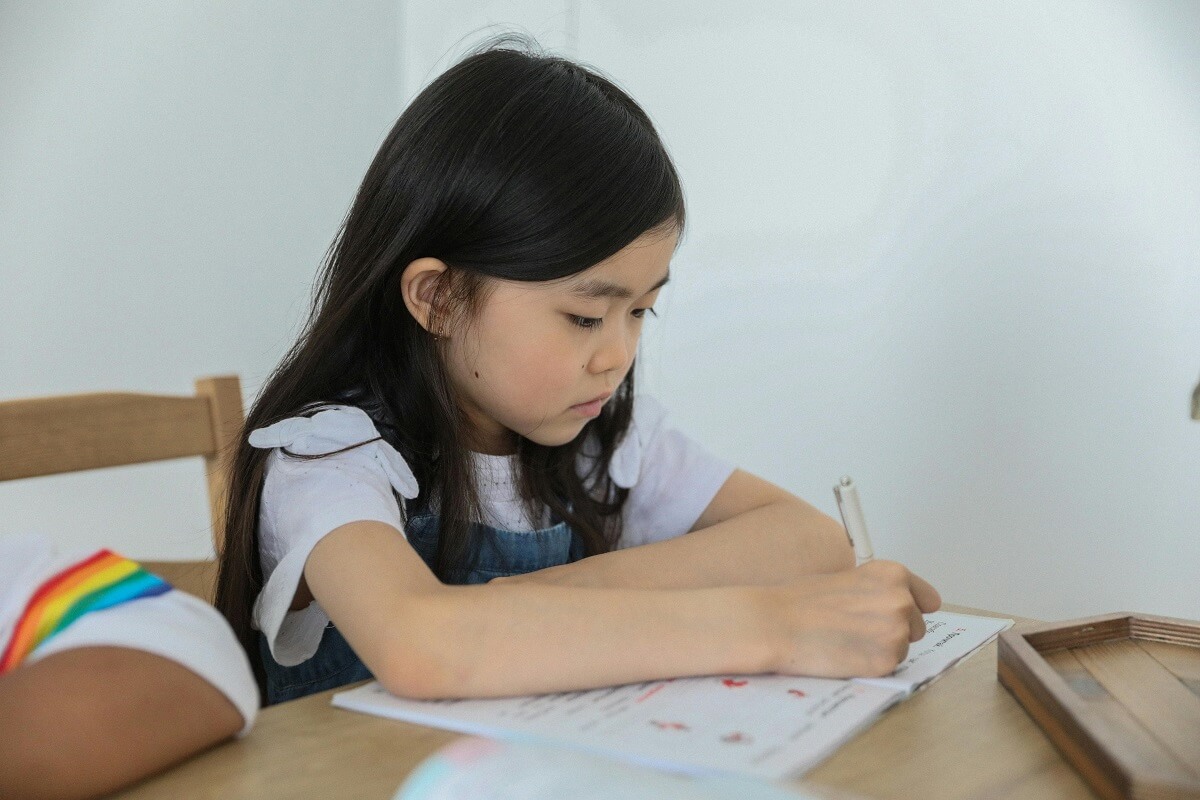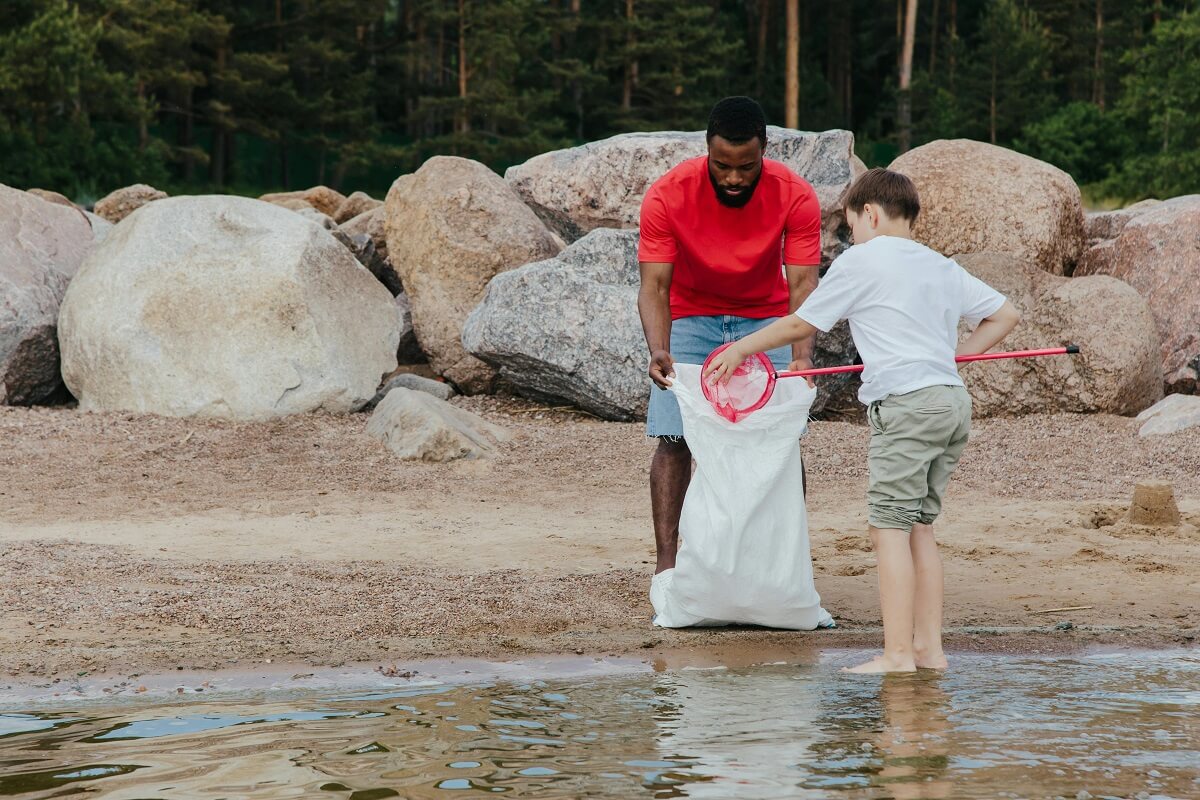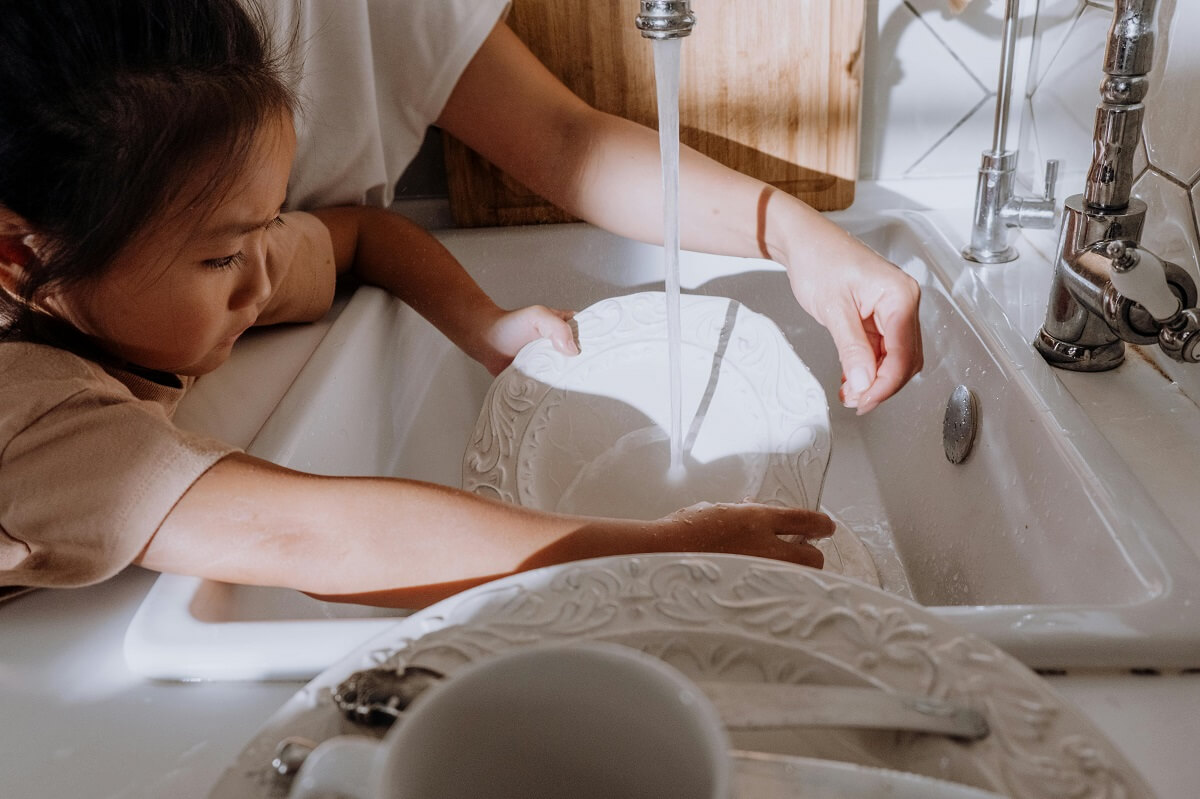3 Exciting Summer Science Projects to Engage Middle School Students
Science, technology, engineering, and mathematics (STEM) subjects help students in many ways. They assist them...
How to Prepare Your Child for the Start of Preschool
Many young children quickly settle into a school routine and look forward to enjoying fun...
Exciting Summertime Learning Opportunities for Elementary Students
While you want your kids to enjoy the carefree days of summer, you don’t necessarily...
What Do Montessori Children Learn About in Daycare?
The U.S. Bureau of Labor Statistics reports that the majority of households with children under...
The 5 Most Popular Activities That Promote Community Involvement for Middle School
Character development is an important concept for Montessori middle school children. Becoming a good citizen...
How to Keep Your Child’s Learning Retention Up During Summer Break
Are you concerned about your Montessori preschool child losing the progress they’ve made this school...
5 Proven Teamwork Activities for Montessori Elementary Students
Children’s time in elementary school is a period in which they are learning critical skills...
4 Exciting Ways to Combine Nature and Math in Montessori Kindergarten
Young children are constantly discovering the world around them. And quite often, nature fits beautifully...
3 Magical Science Project Ideas for Montessori Middle School
If you’re a Montessori middle school guide, you know it’s important to help children learn...
4 Great Ways to Promote Montessori-Style Learning at Home
Many parents champion the Montessori method because it fosters independent learning and allows children to...
4 Ways Elementary School Children Can Serve the Community
Many adults understand the importance of serving others in their community. However, it’s important to...
Why Does My Son’s Kindergarten Refer to Chores as Practical Life Experience?
From a very early age, the Montessori method focuses on helping children become independent and...


